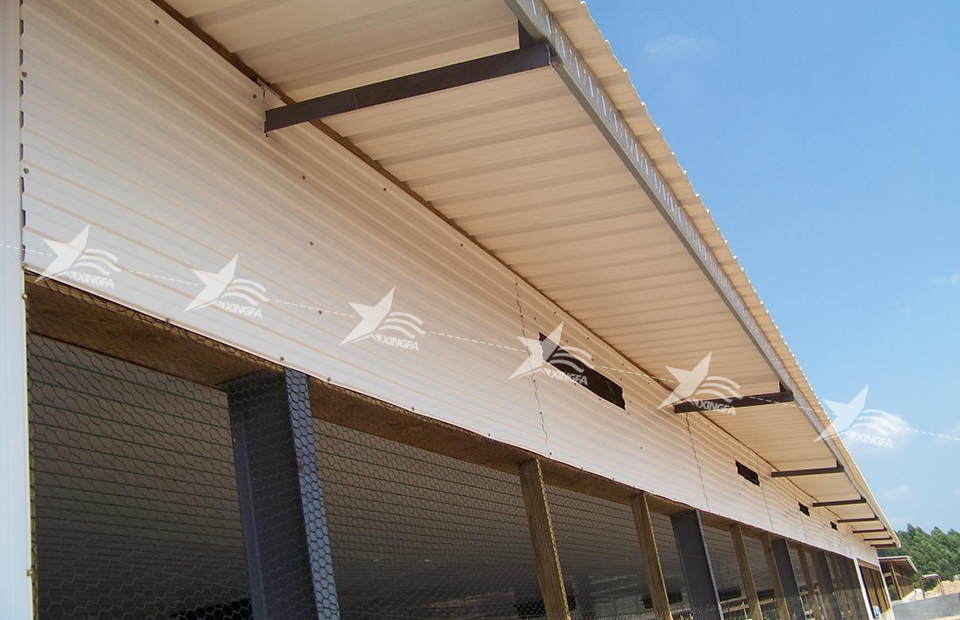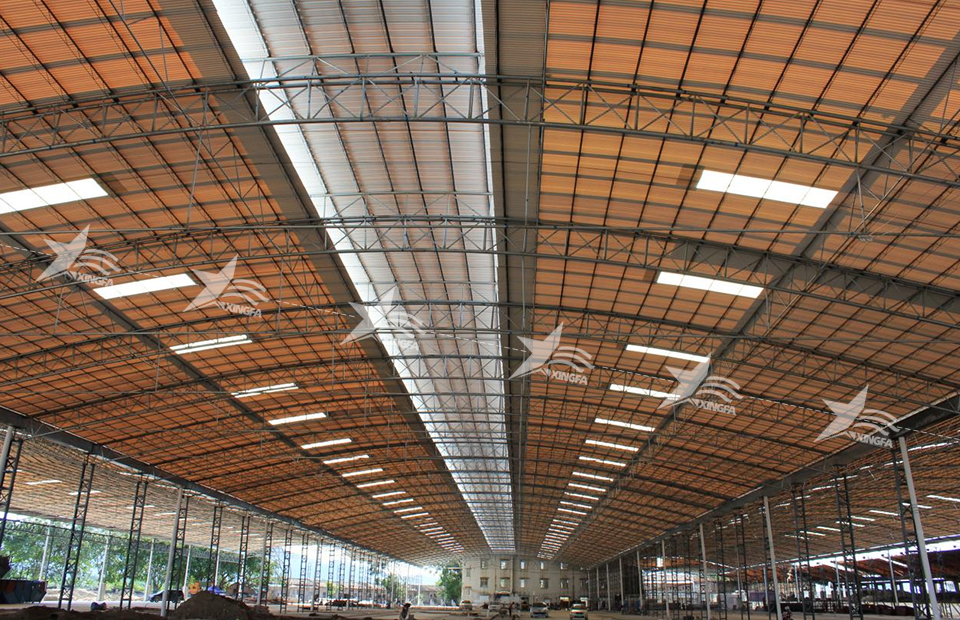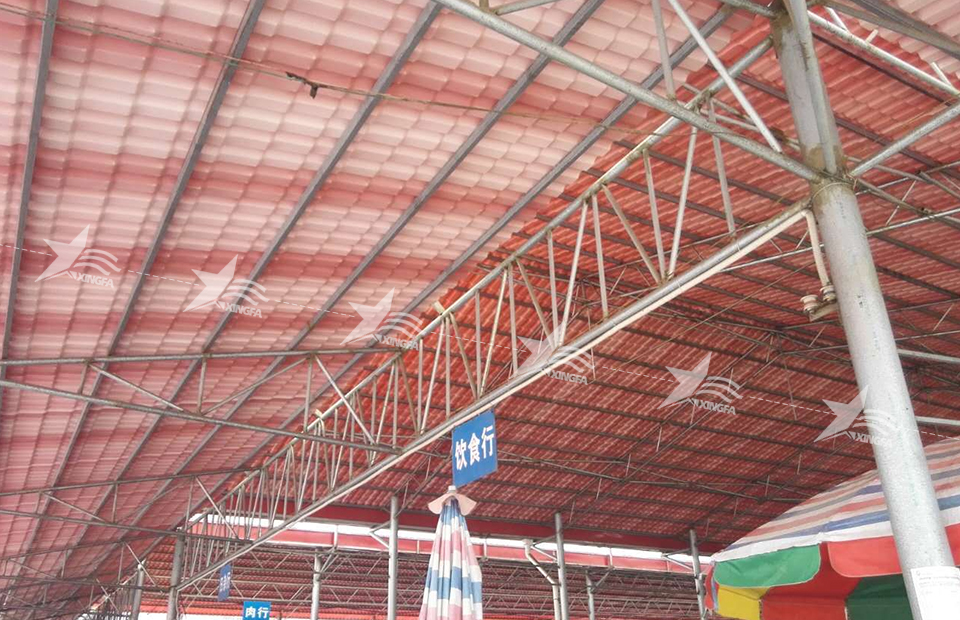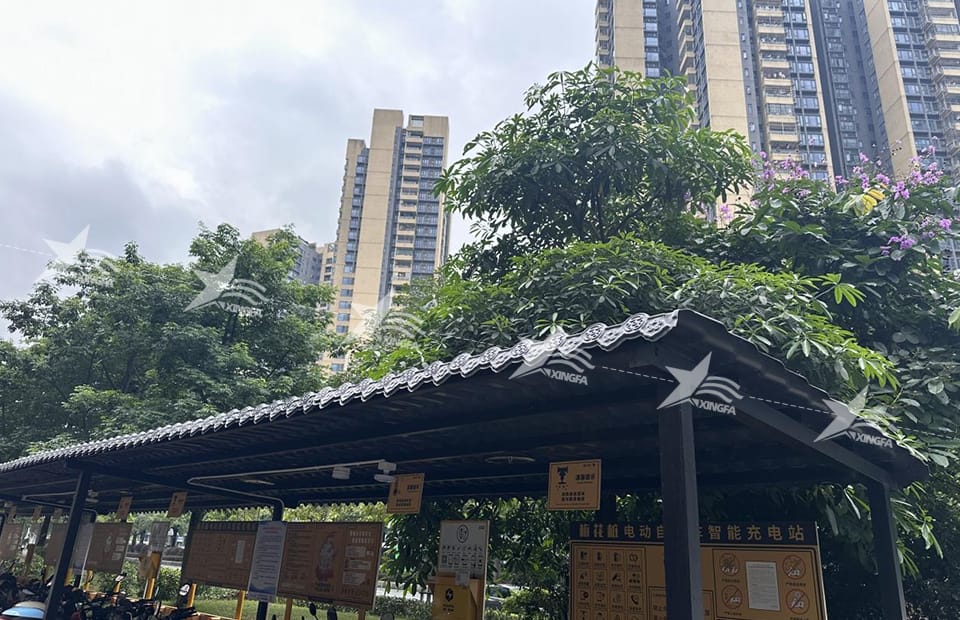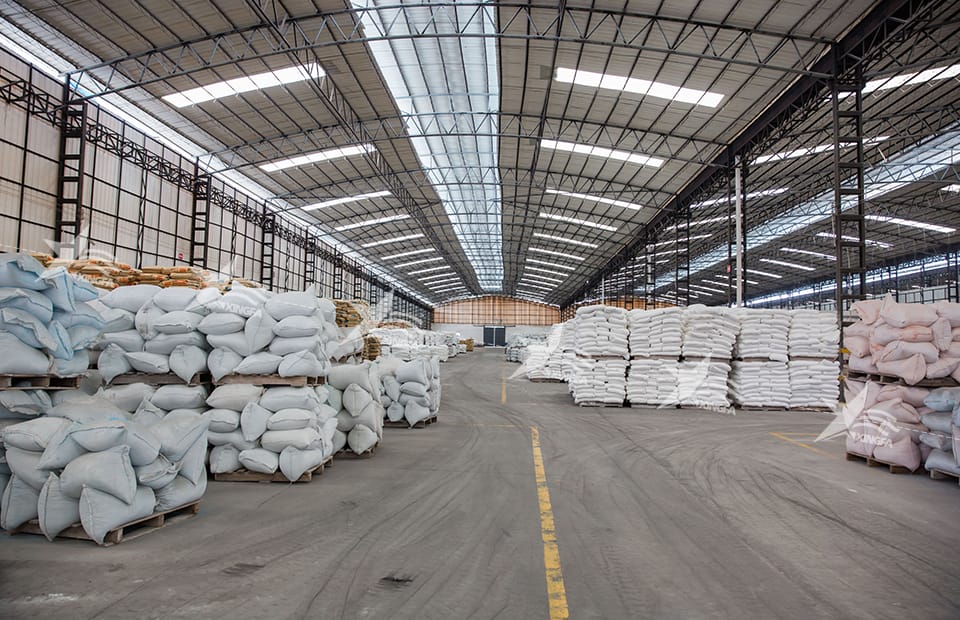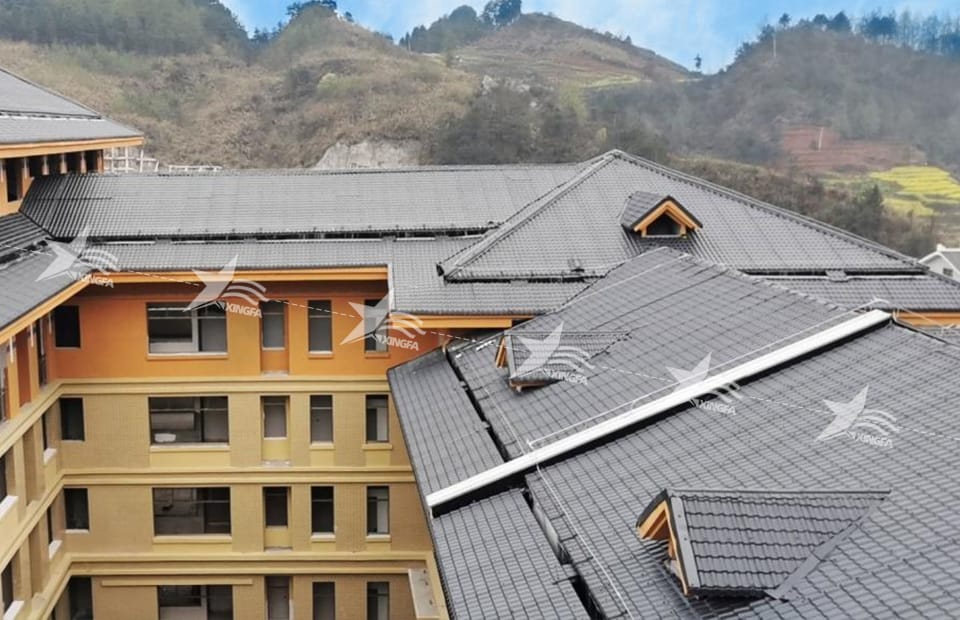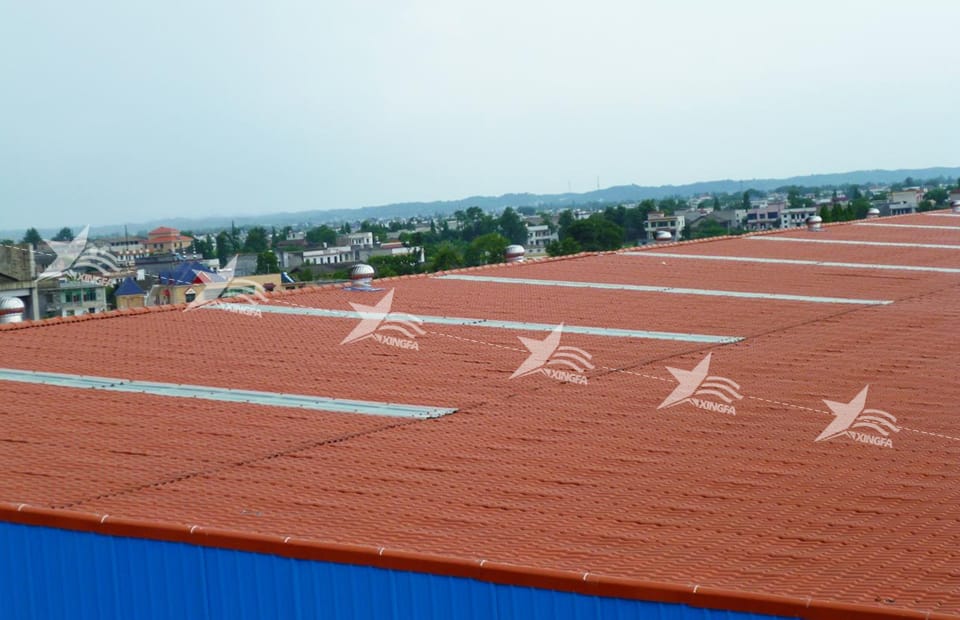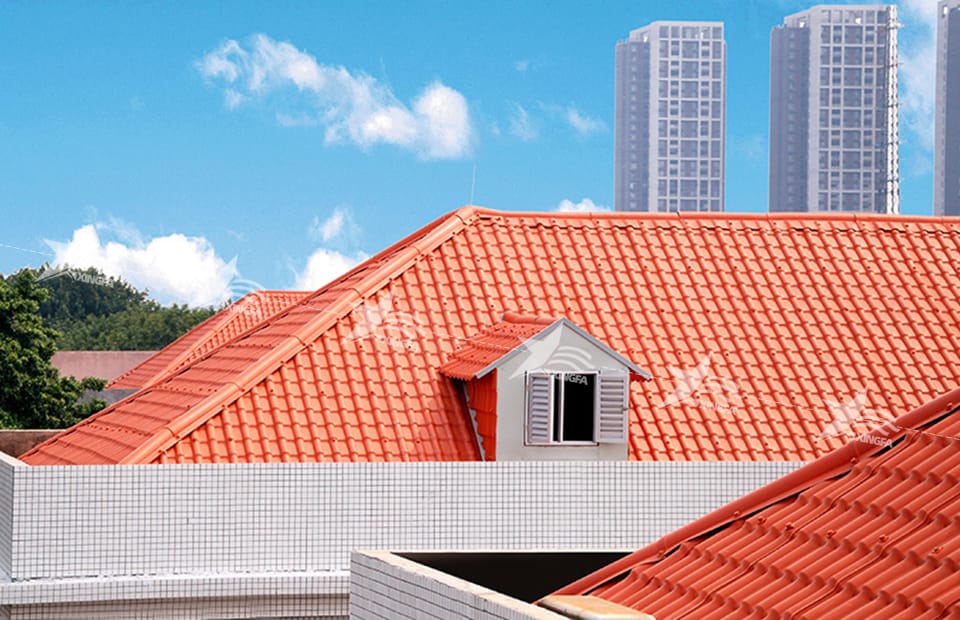When selecting roofing materials, understanding the performance differences between PVC tiles and iron tiles is crucial. Here is a detailed comparison based on several key factors:

- Долговечность
PVC Tiles:
– Chemical and Corrosion Resistance: PVC tiles are highly resistant to chemicals and do not corrode, making them ideal for coastal areas and industrial environments.
– Weather Resistance: They can withstand extreme weather conditions, including UV radiation, heavy rain, and high winds without degrading.
– Impact Resistance: While generally durable, PVC tiles can be more susceptible to damage from heavy impacts compared to iron tiles.
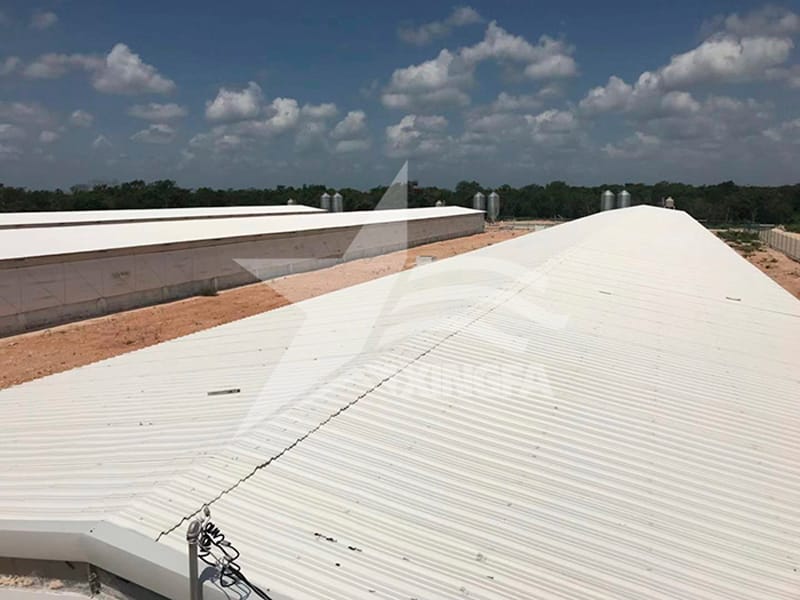
Iron Tiles:
– Strength: Iron tiles are exceptionally strong and can endure significant physical stress and heavy impacts.
– Corrosion Issues: Without proper treatment, iron tiles are prone to rust and corrosion, especially in humid or coastal environments. However, galvanization and other coatings can mitigate this issue.
– Weather Resistance: Iron tiles are very resistant to extreme weather conditions, including high winds and heavy snow loads, but they can be affected by temperature fluctuations, leading to expansion and contraction issues.
- Maintenance
PVC Tiles:
– Low Maintenance: PVC tiles require minimal maintenance due to their resistance to dirt, mold, and mildew. They do not need painting or regular treatment.
– Cleaning: Easy to clean with simple washing, maintaining their appearance over time.
Iron Tiles:
– Higher Maintenance: Iron tiles may require regular maintenance to prevent rust and corrosion, including painting and applying protective coatings.
– Repair Needs: Damaged iron tiles might need more frequent repairs compared to PVC, especially if the protective coatings are compromised.
- Energy Efficiency
PVC Tiles:
– Thermal Insulation: PVC tiles provide excellent thermal insulation, reducing heat transfer and helping to maintain a stable indoor temperature, leading to energy savings on heating and cooling.
– Reflectivity: They reflect a significant portion of solar radiation, keeping buildings cooler in hot climates.
Iron Tiles:
– Thermal Conductivity: Iron tiles are good conductors of heat, which can lead to increased heat transfer into the building, potentially raising cooling costs in warm climates.
– Heat Reflection: Reflective coatings can be applied to iron tiles to improve their energy efficiency, but they generally do not perform as well as PVC in this regard.
- Cost
PVC Tiles:
– Initial Cost: Generally lower than iron tiles, making them a cost-effective option for many projects.
– Long-Term Costs: Lower maintenance and energy costs contribute to the overall cost-effectiveness of PVC tiles over their lifespan.
Iron Tiles:
– Initial Cost: Typically higher than PVC tiles due to the material and manufacturing process.
– Maintenance and Repair Costs: Higher long-term costs due to the need for regular maintenance and potential for more frequent repairs.
- Aesthetic Versatility
PVC Tiles:
– Design Options: Available in a wide range of colors, styles, and textures, allowing for greater customization to match different architectural styles.
– Color Stability: Resistant to fading and color changes over time due to UV exposure.
Iron Tiles:
– Design Flexibility: While iron tiles can be designed in various shapes and styles, they are generally more limited in color options compared to PVC tiles.
– Appearance: Often valued for their traditional and industrial aesthetic appeal, especially when used in specific architectural styles.
Заключение
Both PVC and iron tiles have their strengths and weaknesses:
– PVC roofing tiles excel in terms of cost-effectiveness, low maintenance, energy efficiency, and aesthetic versatility, making them suitable for a wide range of applications, particularly in harsh environmental conditions where chemical and corrosion resistance is crucial.
– Iron tiles offer superior strength and impact resistance, making them ideal for environments that require robust and heavy-duty roofing solutions. However, they require more maintenance to prevent corrosion and may not perform as well in terms of thermal insulation and energy efficiency.
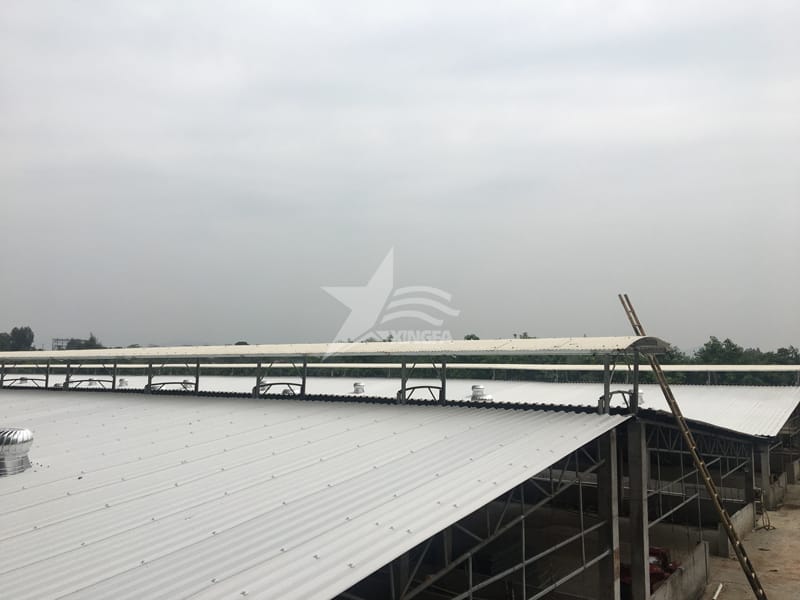
Choosing the right material depends on the specific needs of the project, including environmental conditions, budget, and desired aesthetic outcomes.

